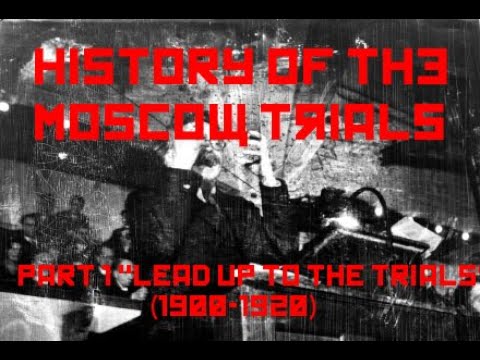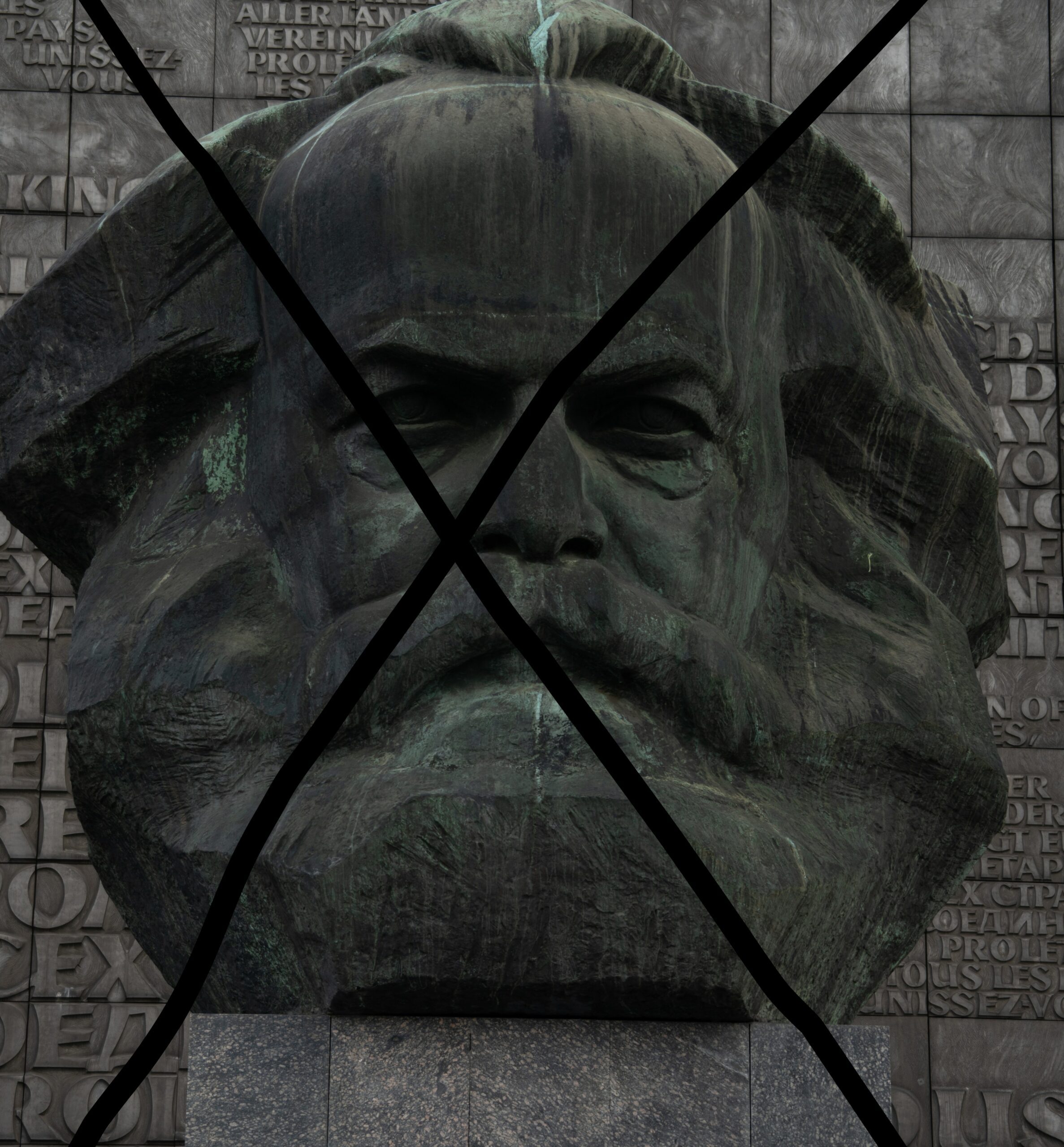

One thing that wasn’t mentioned in that post is that BE denied the fact that BA415 faced any credible threat because he wasn’t at risk of being killed after being doxed.
For one thing, I believe it was France that had its demographic data used to aid in identifying the people who were put into concentration camps and/or exterminated; just because your personal information is safe today under the current regime is no assurance that your personal information won’t be used against you tomorrow under different circumstances.
Another thing is that this is just completely false. It’s not a stretch to imagine that he might have been swatted and that during the swatting he could have gotten killed, either through typical Yankee cop negligence or by something more malicious and planned.
Last of all, being doxed can pose a significant threat to your safety and wellbeing without credible threats to your life. Just because nobody is coming around to your address to put a bullet in your head doesn’t mean that they aren’t ordering a barrage of pizzas at all times of the night, that people can’t threaten, intimidate, or harass you, that they can’t interfere with your job, that they can’t get you fired, evicted, or brought up on false charges etc.
I’d love to get BE to respond on stream to a question about why he keeps his identity and residence away from public knowledge because he’d immediately give half a dozen reasons why this is the case without needing a moment to think about it. It would really undermine this shitty hot take of his.












I’d call BE an eclectic Marxist tbh.
He definitely holds his fair share of ultra positions but he’s not actually an ultra; he mentioned that he considered Stalin to be 50/50 good/bad and Mao to be 70/30. An ultra wouldn’t say anything like that (despite my objections that those names at the least need to be swapped around; not to start a struggle session but Stalin made a lot of choices that were either under duress or the best of a bad set of options while Mao made some major fuckups all by himself, although I think both figures need higher ratings tbh.)